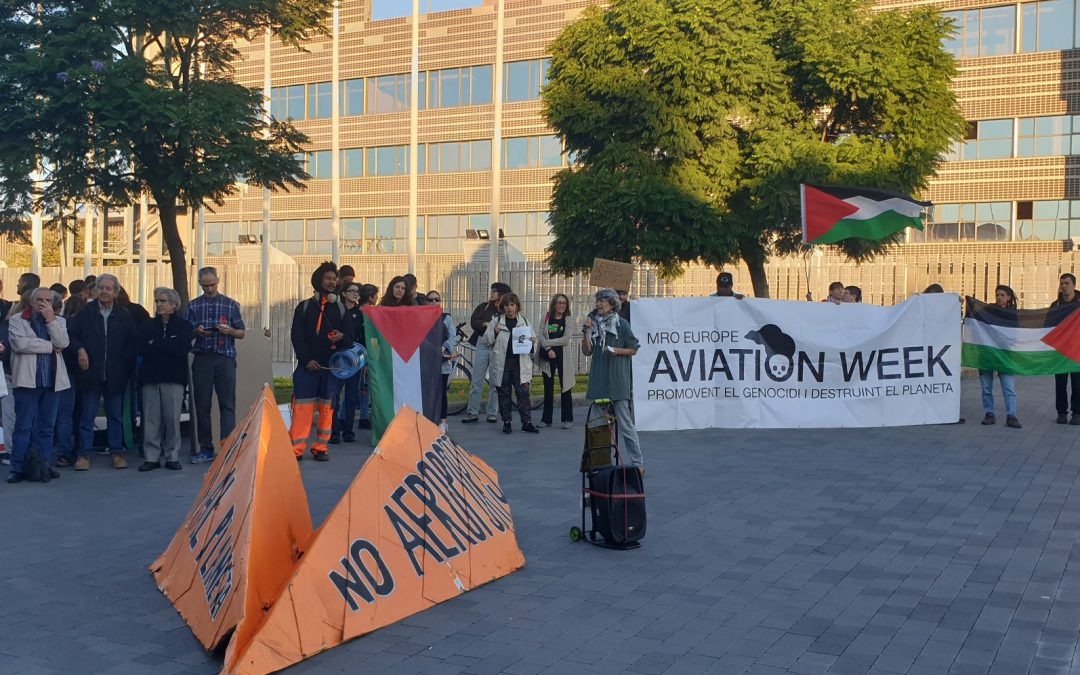The UK Prime Minister cut the tax on internal flights just days before he was due to host COP 26 in Glasgow. This blog explains why he did it and why his action may backfire. An opinion piece by John Stewart, HACAN East.
UK Prime Minister Boris Johnson is known for changing his mind. But there is one matter where he has been consistent: his opposition to a third runway at Heathrow. Indeed, a few years ago when he was Mayor of London and I was chairing HACAN, the community organisation which represents residents impacted by the airport, he rang me on my mobile to congratulate me and urge me to continue the good fight. And, more recently, his Government refused to back Heathrow when it went to the Supreme Court over a third runway.
However, he does believe in the growth of aviation. If he is ruling out Heathrow, the only way he can achieve growth is to back expansion at other UK airports. These airports are seizing their opportunity. There are applications for growth at a number of airports across the UK, the biggest being by Gatwick to turn its emergency runway into a second runway.
UK Regional Connectivity
Boris Johnson feels the growth of aviation is important for international trade but he also believes that more regional flying within the UK can help regenerate some of its poorer areas, particularly in the North of England. These areas are hugely important to Boris Johnston and his Government. At the last General Election many of these places returned a Conservative Member of Parliament for the first time in their history. Typically, they are the old mining and industrial areas which had voted Brexit and which for decades had been left behind. The Labour Party had taken them for granted and they felt neglected.
In order to retain their votes at the next General Election, Boris needs to deliver policies that improve the economies of these areas. The Government believes that part of the answer is to improve their rail, road and air connections. This is the reason for the decision to cut the air tax known as Air Passenger Duty (APD) for internal flights. (The cut is being balanced by an increase in APD for long-distance flights).
The Wrong Message
The cut in APD is unlikely to generate a huge increase in emissions within the UK but with the COP in Glasgow just days away, it sends the wrong message. Much more exciting and dramatic would have been an announcement of as reduction in rail fares which are currently amongst the highest in Europe and a major deterrent to people taking the train within the UK.
Pressure from the Airlines
Of course, the UK aviation industry has always hated APD. A decade ago, it was calling for its abolition. But when it realized the Government was not going to get rid of it (it brings in about £3bn to the Government each year), the industry adopted a policy of chipping away at it. It successfully argued there should be no APD on UK flights to and from Northern Ireland. This recent reduction in APD is just another step in the industry’s campaign to remove it where it can.
It may, though, have backfired. The timing of the reduction at a time when the UK media is focusing on COP has meant that the story has been covered extensively in the mainstream media. It has made aviation taxes a talking point in a way that would not have happened without the reduction and at a time when the Government is under huge pressure to match its green words with concrete actions. An indication of the mounting pressure on the Government were the coordinated protests against airport expansion by campaigners from across the UK during COP 26.



